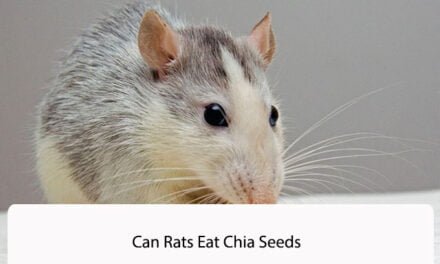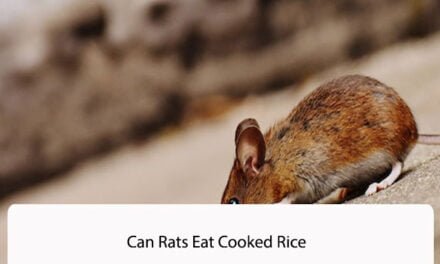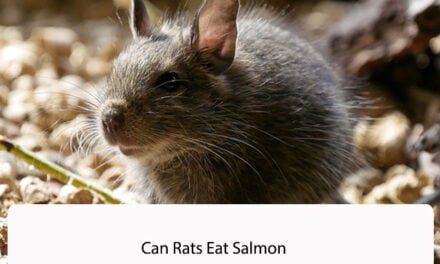Rats are known to be omnivores, which means they eat both plants and animals. However, not all animal-based foods are safe for rats to consume. One such food item is superworms. The question arises, can rats eat superworms? In this article, we will explore the answer to this question and provide a comprehensive guide on the topic.
Superworms are a type of beetle larvae that are commonly used as feed for reptiles, birds, and other animals. They are high in protein and fat, making them a nutritious food source. However, when it comes to feeding rats, there are certain factors to consider. While rats can eat insects, not all insects are suitable for their consumption. Therefore, it is important to understand the nutritional value and potential risks associated with feeding superworms to rats.
In the following paragraphs, we will discuss the nutritional benefits and risks of feeding super worms to rats. We will also provide guidelines on how to safely incorporate super worms into a rat’s diet. By the end of this article, you will have a clear understanding of whether or not super worms are a suitable food source for your pet rat.
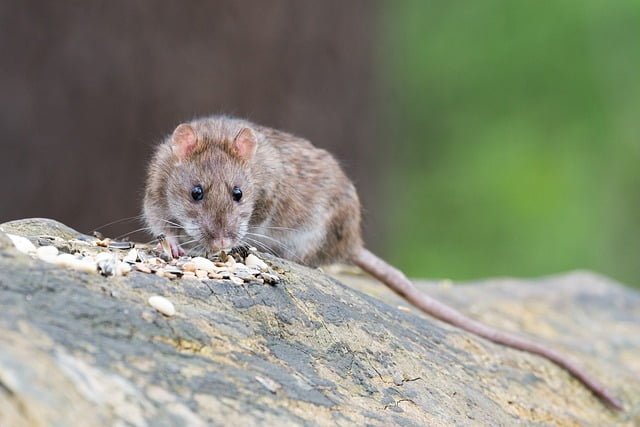
Understanding Super worms
Superworms are a popular feeder insect for many reptiles and other pets. They are the larvae of the darkling beetle and are commonly sold in pet stores. Before feeding superworms to rats, it is important to understand their nutritional content and potential risks.
Nutritional Content of Superworms
Superworms are a good source of protein and fat, which makes them a nutritious snack for rats. They also contain vitamins and minerals such as calcium, phosphorus, and potassium. However, it is important to note that superworms have a high fat content and should not be the main source of nutrition for rats.
Here is a table that shows the nutritional content of superworms per 100 grams:
| Nutrient | Amount |
|---|---|
| Protein | 20.06 g |
| Fat | 13.20 g |
| Calcium | 43.00 mg |
| Phosphorus | 266.00 mg |
| Potassium | 400.00 mg |
Potential Risks of Superworms
While superworms are generally safe to feed to rats, there are a few potential risks to consider. Firstly, superworms have a hard exoskeleton that can be difficult for rats to digest. It is recommended to only feed superworms to adult rats who are able to handle the tough texture.
Secondly, superworms have a high fat content and should be fed in moderation. Overfeeding superworms can lead to obesity and other health problems in rats.
Lastly, it is important to purchase superworms from a reputable source to ensure that they are free from parasites and other contaminants.
In summary, superworms can be a nutritious snack for rats when fed in moderation. However, it is important to understand their nutritional content and potential risks before incorporating them into a rat’s diet.
Rat Dietary Needs
General Nutritional Requirements
As omnivores, rats require a balanced diet that includes both plant and animal-based foods. We need a variety of nutrients such as protein, carbohydrates, fats, vitamins, and minerals. The exact nutritional requirements depend on the age, sex, and activity level of the rat.
Protein is an essential nutrient for rats as it helps build and repair tissues. We need a minimum of 16% protein in our diet, but pregnant or lactating rats require up to 20%. Carbohydrates provide energy for our daily activities, and we need a minimum of 40% in our diet. Fats are also important as they provide essential fatty acids and help absorb fat-soluble vitamins. We need a minimum of 4% fat in our diet.
Vitamins and minerals are also essential for our health. We need vitamin A for vision, vitamin D for bone health, and vitamin E for immune function. We also need calcium, phosphorus, and magnesium for strong bones and teeth. Iron is needed for red blood cell production, and zinc is needed for growth and development.
Rat Digestive System
Rats have a unique digestive system that allows them to digest a wide variety of foods. We have a simple stomach and a relatively short digestive tract. Our large cecum and colon allow us to ferment fibrous foods and extract nutrients from them.
However, we are unable to digest cellulose, which is found in plant cell walls. This means that we require a source of fiber in our diet that is easily digestible, such as oats or wheat bran.
In conclusion, rats require a balanced diet that includes both plant and animal-based foods. We need a variety of nutrients such as protein, carbohydrates, fats, vitamins, and minerals to maintain our health. It is important to provide a diet that meets our nutritional requirements and to avoid feeding foods that are harmful to our health.
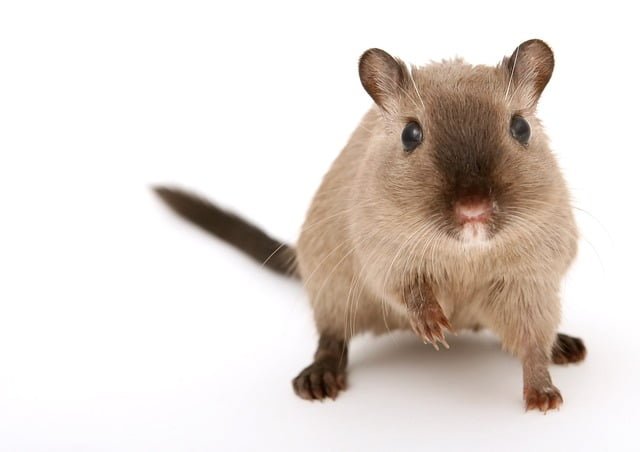
Can Rats Eat Superworms
Superworms are a popular feeder insect for many reptiles and amphibians. However, can rats eat superworms? In this section, we will discuss the potential benefits and risks of feeding superworms to rats.
Potential Benefits
Superworms are a good source of protein and fat, which are essential nutrients for rats. They also contain vitamins and minerals, such as calcium and phosphorus, that are important for maintaining healthy bones and teeth.
Feeding superworms to rats can also provide enrichment and mental stimulation. Rats are intelligent animals that require mental stimulation to prevent boredom and promote overall well-being. Offering a variety of foods, including superworms, can help keep rats mentally stimulated and engaged.
Potential Risks
While superworms can be a nutritious addition to a rat’s diet, there are some potential risks to consider. Superworms have a tough exoskeleton that can be difficult for rats to digest. If rats consume too many superworms, they may experience digestive issues, such as constipation or impaction.
Another potential risk of feeding superworms to rats is the possibility of choking. Superworms are relatively large compared to other feeder insects, and rats may have difficulty swallowing them whole. If a rat attempts to swallow a superworm that is too large, it could become lodged in their throat and cause choking.
In conclusion, while superworms can be a nutritious and mentally stimulating addition to a rat’s diet, it is important to feed them in moderation and monitor your rat’s behavior and health. If you have any concerns about feeding superworms to your rat, consult with a veterinarian who specializes in small animal care.
Alternatives to Superworms for Rats
While superworms are a nutritious and protein-rich food for rats, they may not be suitable for all rats or may not be available in all areas. Here are some alternatives to consider:
Mealworms
Mealworms are a common alternative to superworms. They are smaller than superworms and have a higher fat content, but are still a good source of protein. They can be fed live or dried.
Crickets
Crickets are another alternative to superworms. They are high in protein and low in fat, making them a healthy food for rats. They can be fed live or dried.
Waxworms
Waxworms are a high-fat alternative to superworms. While they are not as high in protein, they can be a good treat for rats. They can be fed live or dried.
Vegetables and Fruits
Vegetables and fruits can be a great addition to a rat’s diet. Some good options include carrots, broccoli, apples, and bananas. Make sure to wash them thoroughly and remove any seeds or pits before feeding them to your rat.
Commercial Rat Food
Commercial rat food is a convenient and balanced option for feeding your rat. Look for a high-quality pellet or block food that contains all the necessary nutrients for your rat’s health.
Overall, there are many alternatives to superworms for feeding your rat. It’s important to provide a balanced diet that meets all of your rat’s nutritional needs.
Conclusion
In conclusion, while superworms can be a good source of protein and nutrients for rats, they should not be the primary component of their diet. Rats are omnivores and require a balanced diet that includes a variety of foods, including fruits, vegetables, grains, and protein sources such as meat, eggs, and insects.
It is important to note that superworms should be offered in moderation as they are high in fat and phosphorus. Too much phosphorus can lead to health problems such as kidney disease and bone loss in rats.
Additionally, it is recommended to only offer live superworms to rats as dried or frozen ones can be difficult for them to digest. It is also important to ensure that the superworms are from a reputable source and are not contaminated with any harmful substances.
Overall, while super worms can be a healthy addition to a rat’s diet, they should not be relied upon as the sole source of nutrition. A balanced diet that meets all of a rat’s nutritional needs is essential for their health and well-being.
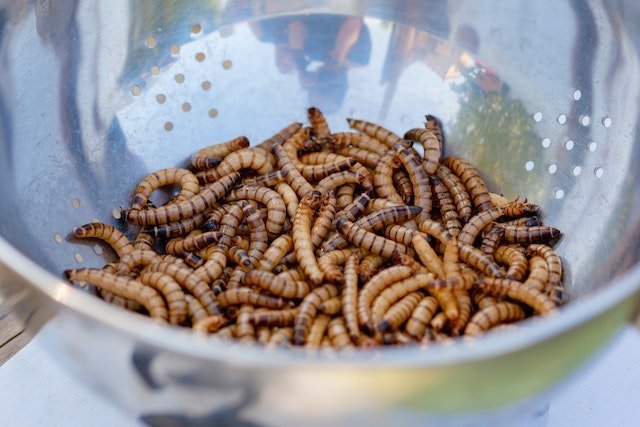
Frequently Asked Questions
Are superworms safe for rats to eat?
Yes, superworms are safe for rats to eat. However, it is important to note that they should be fed in moderation as they are high in fat. It is recommended to limit superworms to occasional treats rather than a regular part of a rat’s diet.
What are the nutritional benefits of feeding superworms to rats?
Superworms are a good source of protein and fat for rats. They also contain vitamins and minerals such as calcium and phosphorus, which are important for maintaining healthy bones and teeth.
How often should I feed my rats superworms?
As mentioned earlier, superworms should be fed in moderation. A good rule of thumb is to offer them as an occasional treat, no more than once or twice a week.
What other insects can rats safely consume?
Rats can safely consume a variety of insects, including mealworms, crickets, and waxworms. However, it is important to ensure that the insects are gut-loaded and dusted with calcium powder before feeding them to your rats.
Can feeding rats superworms lead to health problems?
Feeding rats too many superworms can lead to health problems such as obesity and digestive issues. It is important to limit their intake and provide a balanced diet that includes a variety of foods.
Do rats enjoy eating superworms?
Many rats enjoy eating super worms and find them to be a tasty treat. However, every rat is different and some may not be interested in them. It is important to offer a variety of foods to ensure that your rat is getting a balanced diet.

